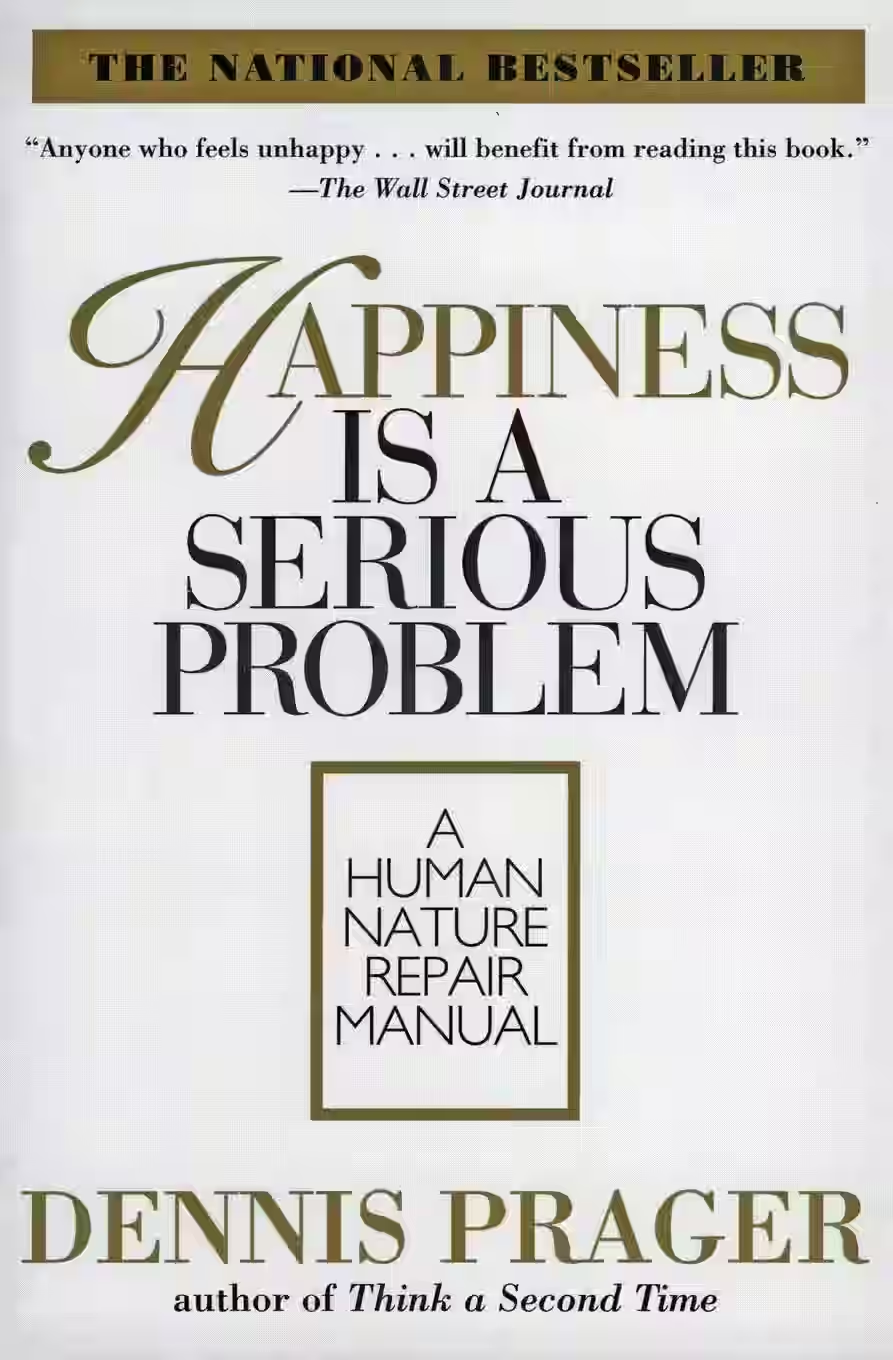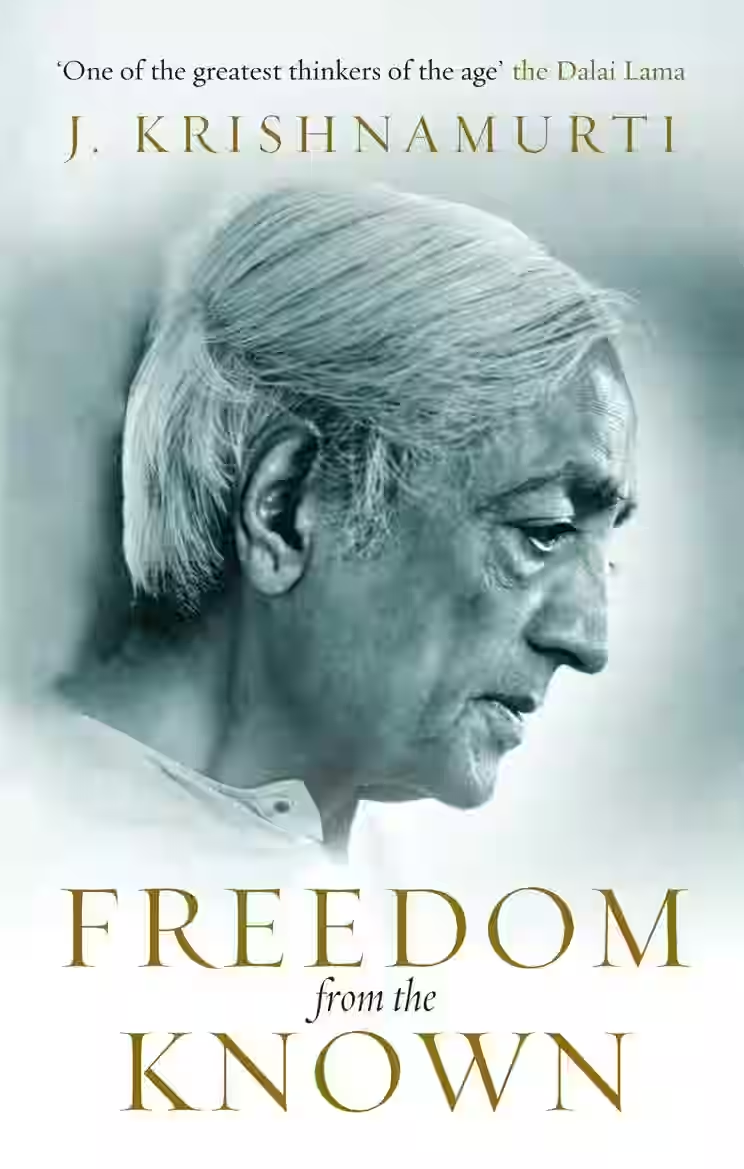
In 'The Rational Bible: Genesis' renowned author and radio host Dennis Prager offers a thought-provoking analysis of the first book of the Bible. Through a rational and philosophical lens, Prager delves deep into the moral and ethical lessons found in the stories of Genesis. He explores themes like the nature of God, the human condition, and the importance of individual responsibility. Prager's writing is accessible, engaging, and insightful, making this book a compelling read for both believers and skeptics. By examining the text with a contemporary perspective, 'The Rational Bible: Genesis' prompts readers to reflect on timeless questions of faith, morality, and the purpose of human existence.
About Dennis Prager
Dennis Prager is a renowned American author, public speaker, and media personality known for his insightful commentary on ethical, political, and cultural issues. With a prolific career spanning several decades, Prager has authored numerous influential works, including 'Happiness is a Serious Problem' and 'Still the Best Hope: Why the World Needs American Values to Triumph.' Through his writing, Prager has captivated audiences with his thoughtful analysis and practical wisdom, challenging readers to consider fundamental questions about morality, society, and personal fulfillment. As a prominent conservative voice, Prager has made a significant impact on literature and public discourse, engaging readers with his thought-provoking perspectives.
Other Books by Dennis Prager

Happiness Is a Serious Problem: A Human Nature Repair Manual
In 'Happiness Is a Serious Problem: A Human Nature Repair Manual' by Dennis Prager, the author delves into the complexities of achieving true happiness in a world filled with seemingly insurmountable challenges. Drawing on philosophical insights, psychological research, and personal anecdotes, Prager provides readers with a thought-provoking guide on how to navigate the pursuit of happiness. Through discussions on gratitude, self-acceptance, and the importance of personal responsibility, the book offers a roadmap for individuals seeking a more fulfilling life. Prager's conversational writing style and practical advice make this book a valuable resource for anyone looking to cultivate a deeper sense of contentment.

Still the Best Hope: Why the World Needs American Values to Triumph
In 'Still the Best Hope: Why the World Needs American Values to Triumph,' Dennis Prager passionately argues for the universal significance of American values in the face of ideological challenges. He dissects the contrasts between the American Trinity of Liberty, In God We Trust, and E Pluribus Unum and the Left, Islamism, and nationalism, positing that the American value system offers the best path forward for humanity. Prager delves into historical contexts, philosophical reflections, and current societal issues, presenting a compelling case for the enduring relevance of American ideals. This book is a stirring call to uphold and promote these values globally.

The Decalogue: Living as the People of God
In 'The Decalogue: Living as the People of God,' Dennis Prager delves into the timeless wisdom and relevance of the Ten Commandments for contemporary society. Through insightful analysis and practical examples, Prager illustrates how these commandments can serve as a moral compass for individuals and communities seeking guidance in a complex world. He explores themes of ethics, spirituality, and personal responsibility, offering a compelling argument for the enduring significance of the commandments in shaping our lives and relationships. This thought-provoking book challenges readers to reflect on their values and actions, sparking meaningful conversations about faith and morality.

The Ten Commandments: Still the Best Moral Code
In 'The Ten Commandments: Still the Best Moral Code,' Dennis Prager explores the timeless relevance of the Ten Commandments in today's society. Drawing from his background in philosophy and religion, Prager delves into each commandment, discussing their moral significance and practical applications. Through insightful analysis and real-life examples, he argues that following these commandments can lead to a more ethical and fulfilling life. Prager's writing is clear and thought-provoking, making complex moral concepts accessible to readers of all backgrounds. This book challenges readers to reflect on their values and consider the enduring wisdom of the Ten Commandments.

Think a Second Time
In 'Think a Second Time' by Dennis Prager, readers are taken on a thought-provoking journey through a collection of essays that challenge conventional wisdom and encourage critical thinking. Prager delves into various topics such as happiness, morality, religion, and politics with clarity and insight, prompting readers to reconsider their beliefs and perceptions. Through his engaging writing style and compelling arguments, Prager inspires reflection and dialogue on important issues that are relevant in today's society. This book serves as a powerful tool for stimulating intellectual curiosity and fostering a deeper understanding of the world around us.
Similar Books

The Untethered Soul
The Untethered Soul is a spiritual and psychological exploration of consciousness, identity, and inner freedom. Michael A. Singer invites readers to observe their thoughts and emotions without attachment, helping them transcend internal limitations and live in the present moment. Drawing from mindfulness and Eastern philosophy, the book emphasizes awareness as the key to personal liberation. Through practical guidance and reflective questions, Singer teaches how to release fear, embrace stillness, and cultivate peace regardless of external circumstances. The Untethered Soul offers a deeply calming and transformative approach for anyone seeking to quiet their mind and reconnect with their deeper self.

Knowing God
by J.I. Packer
In 'Knowing God' by J.I. Packer, readers are taken on a profound exploration of the nature and character of God. Packer delves into theological insights with a personal touch, guiding readers to not just grasp intellectual concepts but to truly know and experience God intimately. Through careful analysis and heartfelt reflections, the book tackles important topics like the attributes of God, salvation, prayer, and the purpose of knowing God. Packer's writing is both scholarly and accessible, making this work a timeless classic that continues to impact readers seeking a deeper understanding of their faith.

The Way of the White Clouds
This spiritual travelogue chronicles Lama Govinda’s journey through the Himalayas in search of sacred Buddhist teachings and practices. Merging travel writing with philosophical reflection, the book details encounters with monks, yogis, and the mystical landscapes of Tibet. With poetic language and deep reverence, Govinda explores Tibetan Buddhism, meditation, and the inner path to enlightenment. His experiences illuminate the harmony between inner and outer worlds. As a bridge between Eastern and Western spiritual traditions, the book has inspired generations of seekers interested in Tibetan culture, mysticism, and the transformative power of contemplative pilgrimage.

Freedom from the Known
In 'Freedom from the Known,' J. Krishnamurti delves into the deep-rooted human desire for security and certainty, challenging readers to question established beliefs and ideologies to discover true freedom and inner peace. Through profound insights and philosophical reflections, Krishnamurti encourages introspection and self-inquiry as pathways to liberation from psychological conditioning and societal constraints. His emphasis on living in the present moment and embracing change fosters a profound shift in consciousness, offering a fresh perspective on relationships, spirituality, and personal growth. This timeless work serves as a guide for individuals seeking self-realization and a deeper understanding of the complexities of the human mind.